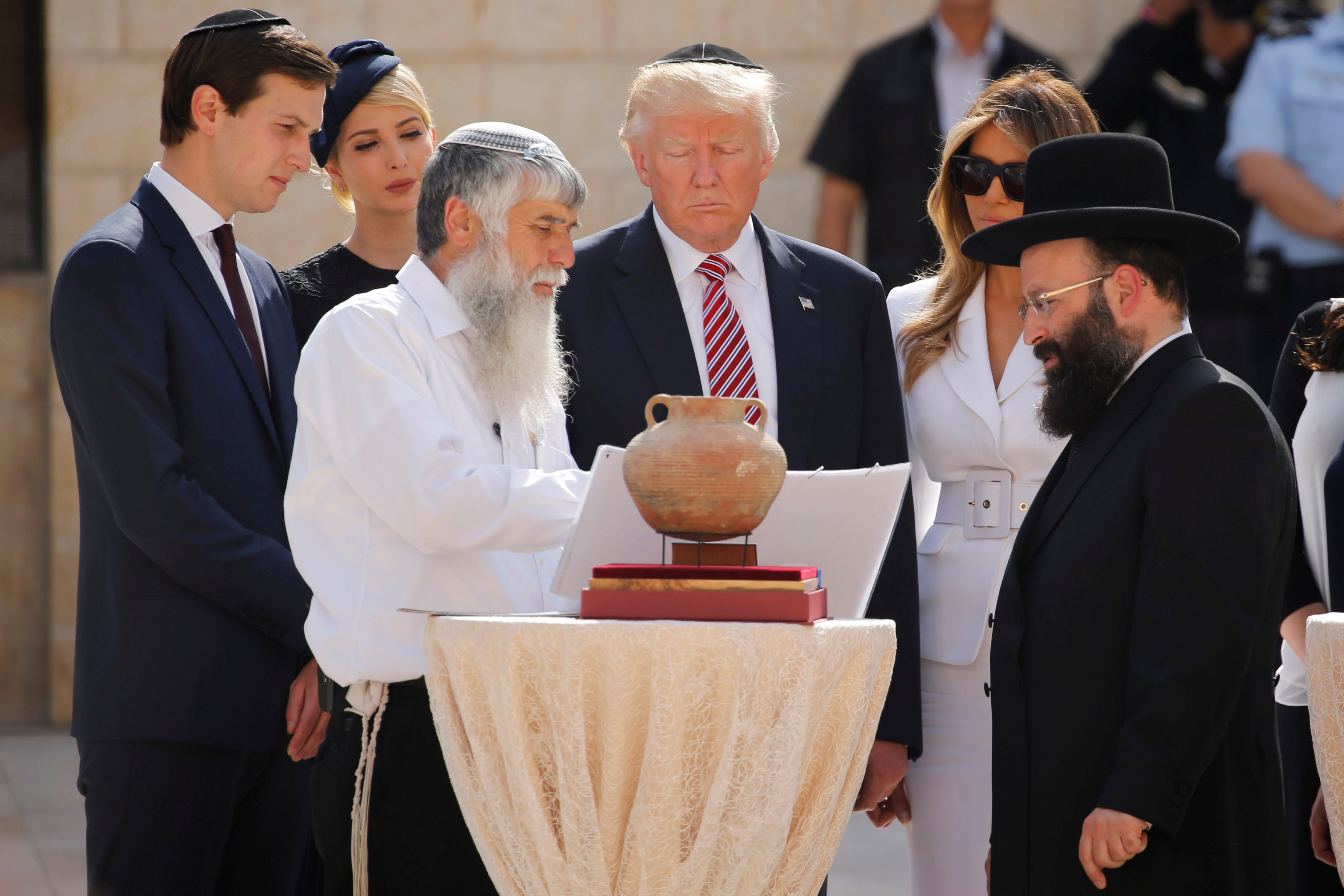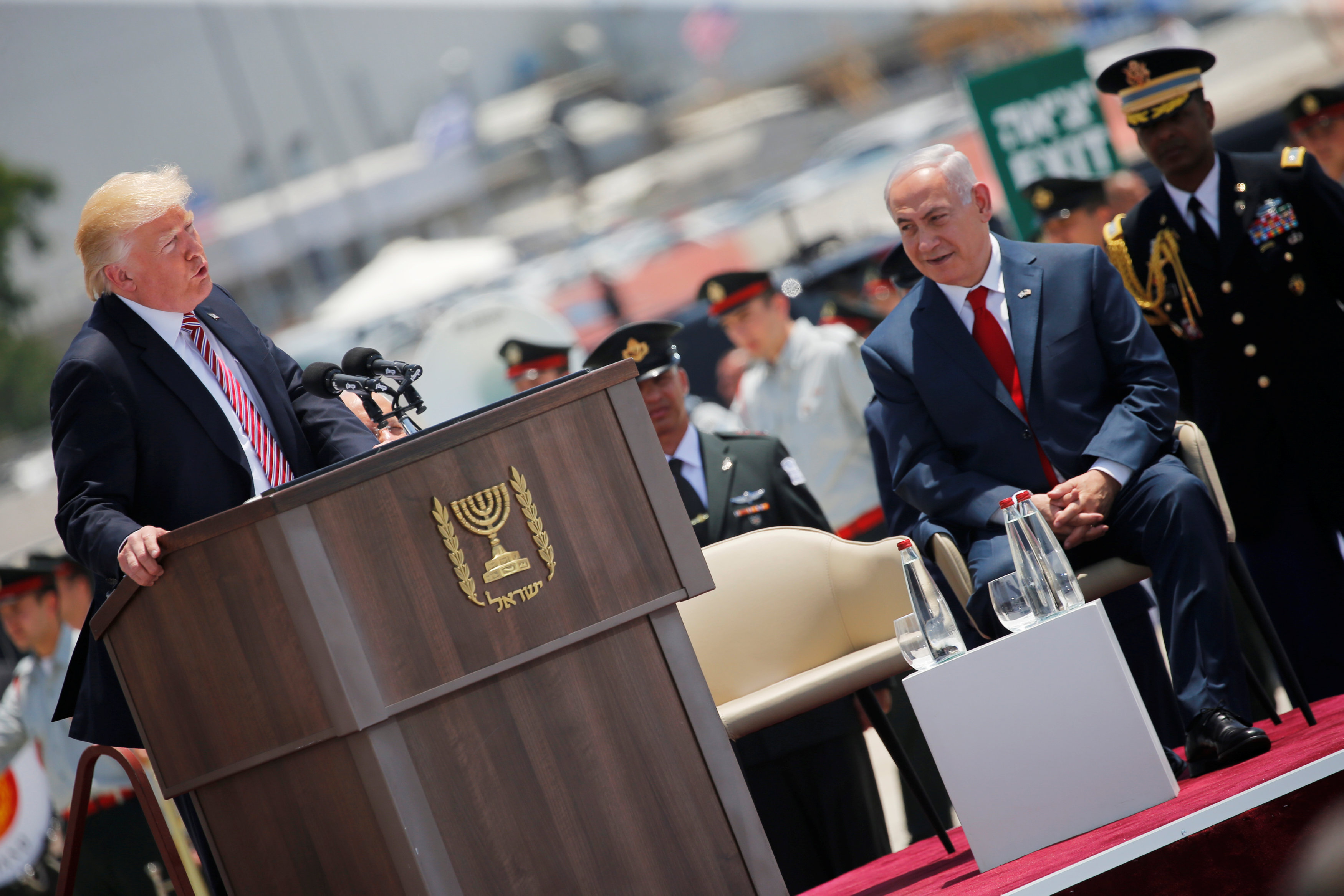
By Ali Sawafta
RAMALLAH (Reuters) – Palestinian officials say there are no plans to stop payments to families of Palestinians killed or wounded carrying out attacks against Israelis, contradicting comments by U.S. Secretary of State Rex Tillerson.
Tillerson told a Senate hearing on Tuesday he had received reassurances from President Mahmoud Abbas that the Palestinian Authority would end the practice of paying a monthly stipend to the families of suicide bombers and other attackers, commonly referred to by Palestinians as martyrs.
The issue of compensation has become a sticking point in efforts to revive Israeli-Palestinian peace talks, with Israeli officials citing it as one reason they do not regard Abbas as a “partner for peace”.
“They have changed their policy,” Tillerson said, referring to the Palestinians. “At least I have been informed they’ve changed that policy and their intent is to cease payments.”
But Palestinian officials said they were not aware of any change and that it was unlikely a policy that has been a cornerstone of social support for decades would be altered.
“There have been talks about making the payments in a different way, but not ending them,” said one official, speaking on condition of anonymity because he was not authorized to comment on discussions held with the Americans.
“They could perhaps be labeled differently,” he said, suggesting the description “martyr” could be dropped, but he added: “They are not going to be stopped.”
The Palestinian Authority makes a variety of social security payments, mostly to families, for those convicted and imprisoned by Israel for fighting against the occupation and those killed in violence, whether they were carrying out suicide attacks, shot while throwing stones or in other circumstances.
Amounts vary depending on whether the person killed was married or had children. Those wounded also receive aid.
In total, some 35,000 families receive support from a dedicated fund established in the 1960s, including those living outside the Palestinian territories. Some estimates suggest the fund distributes as much as $100 million a year.
At the same time, there are 6,500 Palestinians in Israeli jails, including 500 detained without charge, in some cases for years. All of them, including around 300 children and 50 women, receive monthly support from the Palestinian Authority.
For Abbas, ending such payments would be politically fraught. Surveys show he is highly unpopular and that would only likely worsen if support were stopped. It would probably strengthen his rival in the Islamist group Hamas.
However, Abbas has taken some steps to stop payments in recent weeks, following meetings he held with President Donald Trump in Washington at the start of May and later the same month when the president visited the region.
Some 277 Palestinians released from Israeli jails under a prisoner-swap agreement and transported to the Gaza Strip, where Hamas is in charge, had their monthly stipends stopped, they told Reuters this month.
Yet that decision seemed more about cutting funds that may help Hamas in Gaza rather than responding to U.S. or Israeli demands to end payments to those who have carried out attacks.
Israeli officials said they had seen no evidence that the Palestinian Authority was stopping support.
“Israel is unaware of any change in the policy of the Palestinians, who continue to make payments to the families of terrorists,” an official said, describing the payments a form of incitement to carry out violence.
(Additional reporting by Nidal al-Mughrabi in Gaza and Luke Baker and Jeffrey Heller in Jerusalem; Writing by Luke Baker; Editing by Tom Heneghan)










